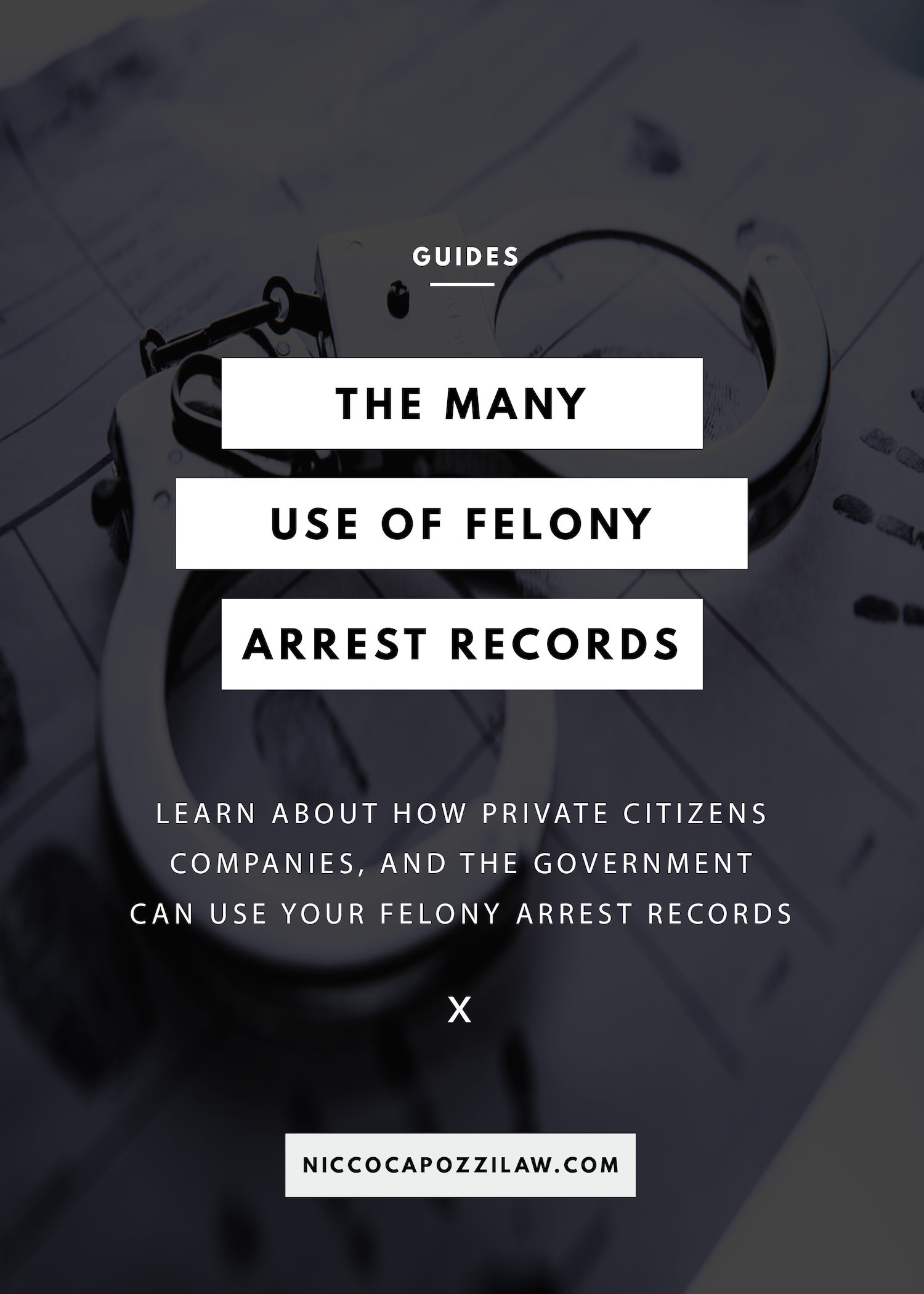Imagine you're sitting on your couch when you hear a knock at the front door. You ask who it is, and immediately hear "police!" What do you do next? More importantly, what can you do next? Here are a few basics regarding your rights and consent to search your property.
Legal Protection
The Fourth Amendment requires that police obtain a warrant to legally enter and search your home if you do not consent. The warrant must be signed by a magistrate as well as specify the precise location of the search and exactly what law enforcement are looking for.
Police can lawfully seize illegal items not specified in the warrant if they're in "plain view" during the search. For example, if the police are looking for a weapon but spot illicit drugs on your coffee table, they can arrest and charge you, even if they don't find the weapon.
What if you're not home?
Law enforcement can legally act on a search warrant if another resident who is present consents. The 1974 case of United States v. Matlock established this co-occupant consent rule.
When There's a Knock...
Ask law enforcement through the door if they have a search warrant. If there's no warrant, you have the right to not answer the door or respond to any questions they may ask. If a warrant is in hand, request to see the document through the peephole or by sliding it under the door. If you must open the door to see it, step outside and close the door behind you. Confirm that the information on the signed warrant is accurate.
Even if you state that you do not consent to the search, the American Civil Liberties Union recommends that you do not interfere with officers who proceed. Instead, note the law enforcement agency, names and badge numbers and contact a lawyer.






